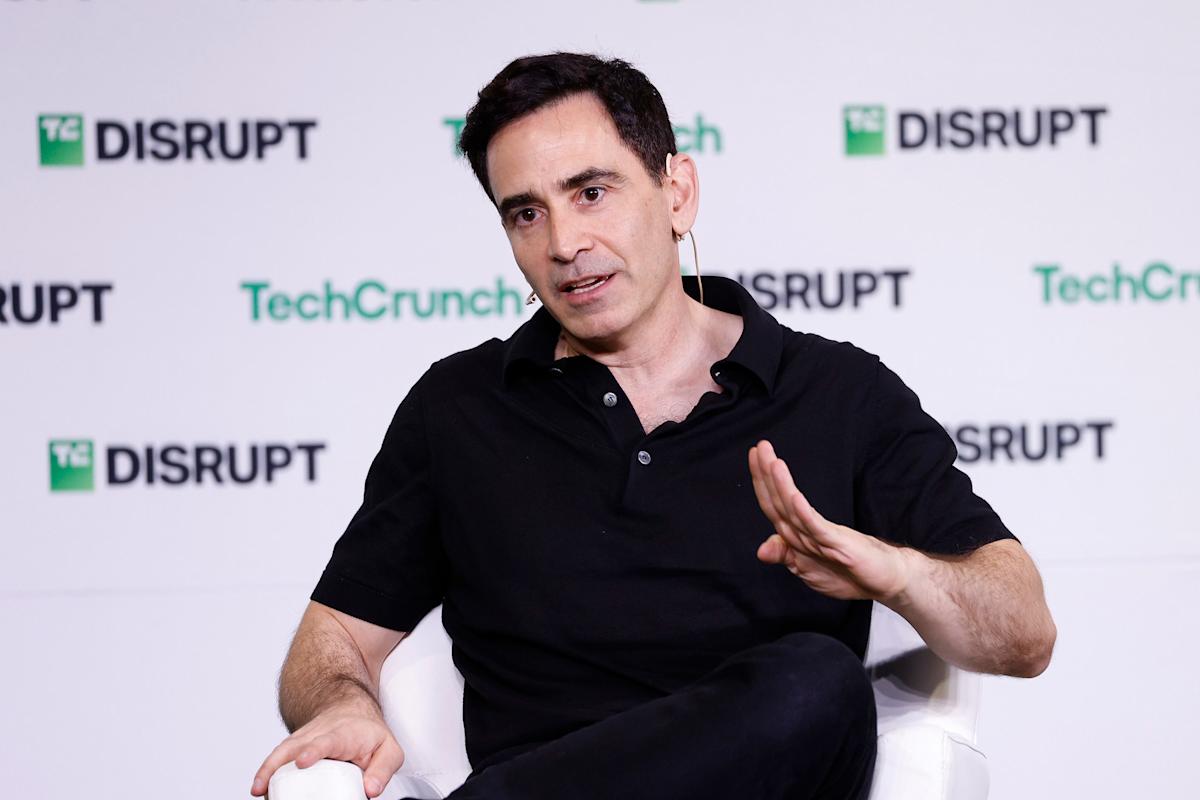Elad Gil on which AI markets have winners — and which are still wide open
Solo VC investor extraordinaire Elad Gil said on stage at TechCrunch Disrupt that AI has been one of the least predictable tech booms he’s ever seen.
Gil is on the cap table of virtually every hit company of the past decade, including many of today’s leading AI companies.
Still, he thinks that over the last year, certain AI markets appear to be nearly sewn up by market leaders. Beyond these areas, a vast swath of AI remains anyone’s game.
“I started investing in generative AI in 2021 … at the time, not very many people were paying that much attention to it,” Gil said. But he had seen the massive leap in capability between GPT 2, launched in 2019, and GPT 3, launched in 2021. “The step between 2 and 3 was so large that if you just extrapolated out the scaling laws, or the curve, then you could really assume that this was going to be incredibly important,” he said.
That convinced him to start backing early-stage startups building products powered by large language models. His bets included both foundational model makers like OpenAI and Mistral, as well as application companies like Perplexity, Harvey, Character.ai, Decagon, and Abridge. Yet throughout 2024 and much of 2025, the capabilities of foundational models leaped with every release, upending AI every few months.
“I used to say at the time that AI was the one market where the more I learn, the less I know. Usually, the more you learn about something, the better you know it, the easier you can predict the future, etc. But AI was just hazy. There’s just too much uncertainty. And I think there’s still markets like that in AI,” he said.
However, he’s also now seeing markets with clear winners. The most obvious example is with foundational models themselves. Even though hundreds of models exist, and some countries like South Korea are still working now to develop sovereign models by local companies, leaders have emerged. “Google, Anthropic, OpenAI, maybe xAI, maybe Meta, maybe Mistral — it’s like a handful,” he predicts of the winners.
After models, he thinks AI-assisted coding has runaway winners that will make it hard for new entrants to catch up. Not only have the foundational model makers moved in (Anthropic with Claude Code, OpenAI with Codex) but startup leaders like Anysphere’s Cursor and Cognition’s Devin (which acquired Windsurf) will be hard to beat. And there are well-funded startups like Magic (whom Gil called a possible “outlier”) or Poolside on their tails.
He sees medical transcription as being cornered, with Abridge a front runner and a handful of others like Ambiance being “important.”



Leave a Comment
Your email address will not be published. Required fields are marked *